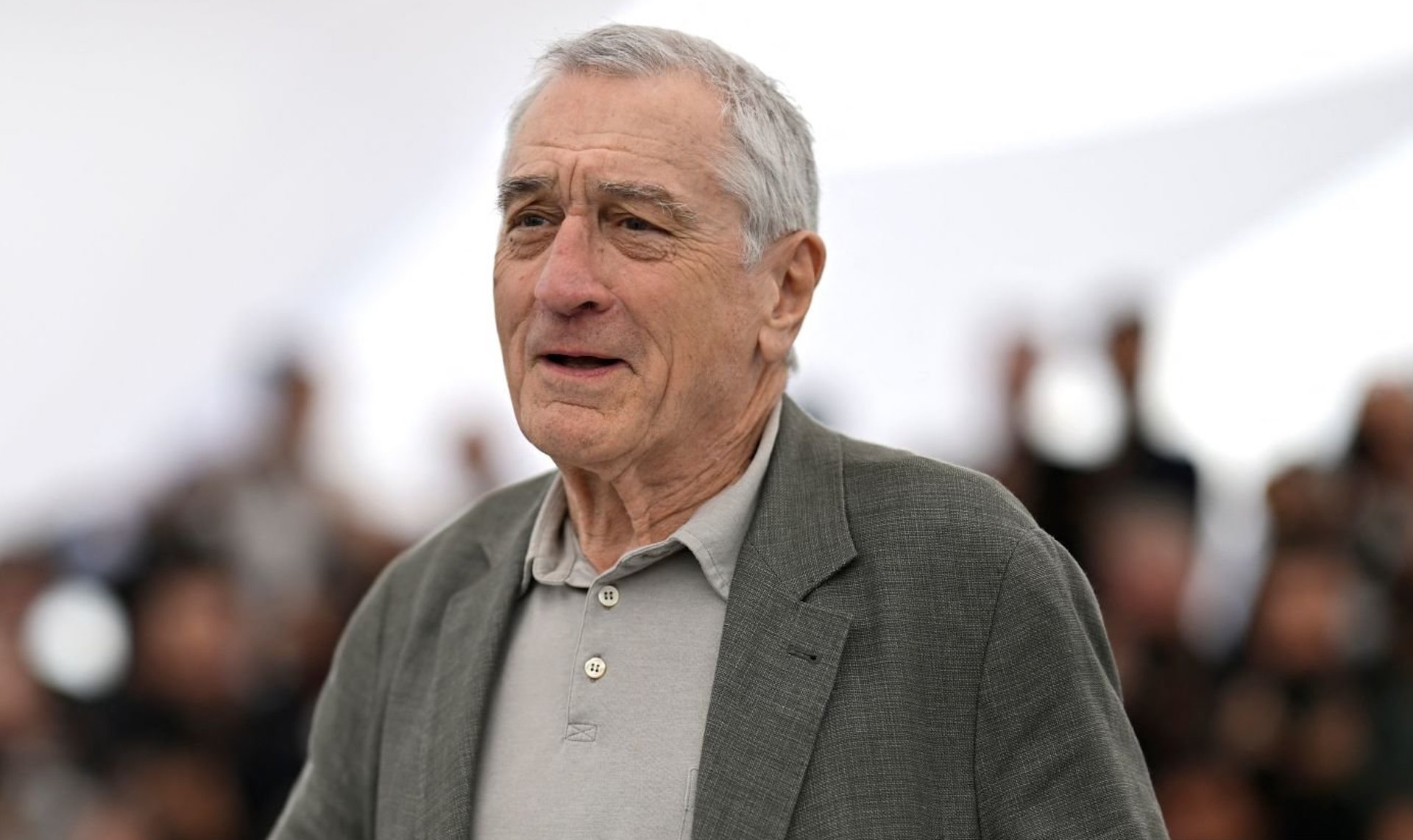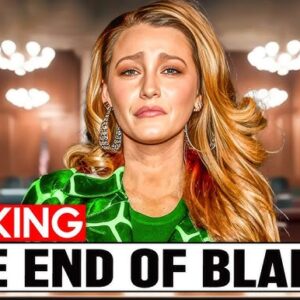In a new public feud, former television news anchor and podcast host Megyn Kelly has openly criticized Robert De Niro, famously calling the Oscar-winning actor “colossally stupid.” The pointed statement has sparked considerable interest online, with supporters and critics weighing in on this highly charged exchange.

Kelly’s critique appears to center around De Niro’s recent public comments on American politics and social issues, topics on which the actor has been particularly vocal in recent years. Known for his blunt criticisms of figures like former President Donald Trump, De Niro has never held back on sharing his political beliefs. But Kelly argues that his commentary lacks depth, describing his comments as “uninformed” and “reactionary,” going so far as to suggest that the celebrated actor’s approach to public discourse “damages the integrity of serious debate.”
“Robert De Niro is a perfect example of how Hollywood has lost touch with the average American,” Kelly reportedly said during a recent episode of her podcast. She went on to suggest that De Niro’s fame and wealth do not qualify him as an authority on issues affecting everyday citizens. Her critique echoes a wider sentiment among some commentators who feel that celebrities often misunderstand or oversimplify complex issues while relying on their status to amplify their views.

Social media was quick to respond, with Kelly’s supporters lauding her for “saying what everyone else is thinking” and calling out Hollywood’s perceived bubble. Meanwhile, De Niro’s defenders argue that Kelly’s comments come off as unnecessary and unprovoked. Many fans of De Niro, who is recognized not just for his acting but for his philanthropy and cultural impact, pointed out that his advocacy comes from a genuine place of concern for the country’s future.
Kelly’s fiery remarks highlight a recurring debate over the role of celebrity voices in the political sphere. Many argue that famous figures like De Niro have a right to use their platform for advocacy, noting that their opinions can mobilize change and draw attention to important issues. Conversely, critics feel that fame does not grant an individual automatic authority on political matters, pointing to a perceived “disconnect” between Hollywood and the public.

For Kelly, this is not the first time she has confronted a celebrity over their political stance. Since transitioning from major network news to independent media, Kelly has frequently challenged public figures for comments she deems out of step with mainstream America. Her sharp rebuke of De Niro follows a familiar pattern: vocalizing a frustration with celebrities whose views are often perceived as partisan or elitist.
As of now, Robert De Niro has yet to respond to Kelly’s comments. With both stars known for their unapologetic approaches, some wonder if this could lead to a public exchange.
The feud has struck a chord among audiences, reminding everyone of the increasing complexity of fame and political activism in a deeply polarized society. Whether it leads to a direct response from De Niro or simply becomes another celebrity flashpoint remains to be seen. Either way, Kelly’s criticism has highlighted ongoing tensions between Hollywood’s cultural influence and its connection to the average American experience.



